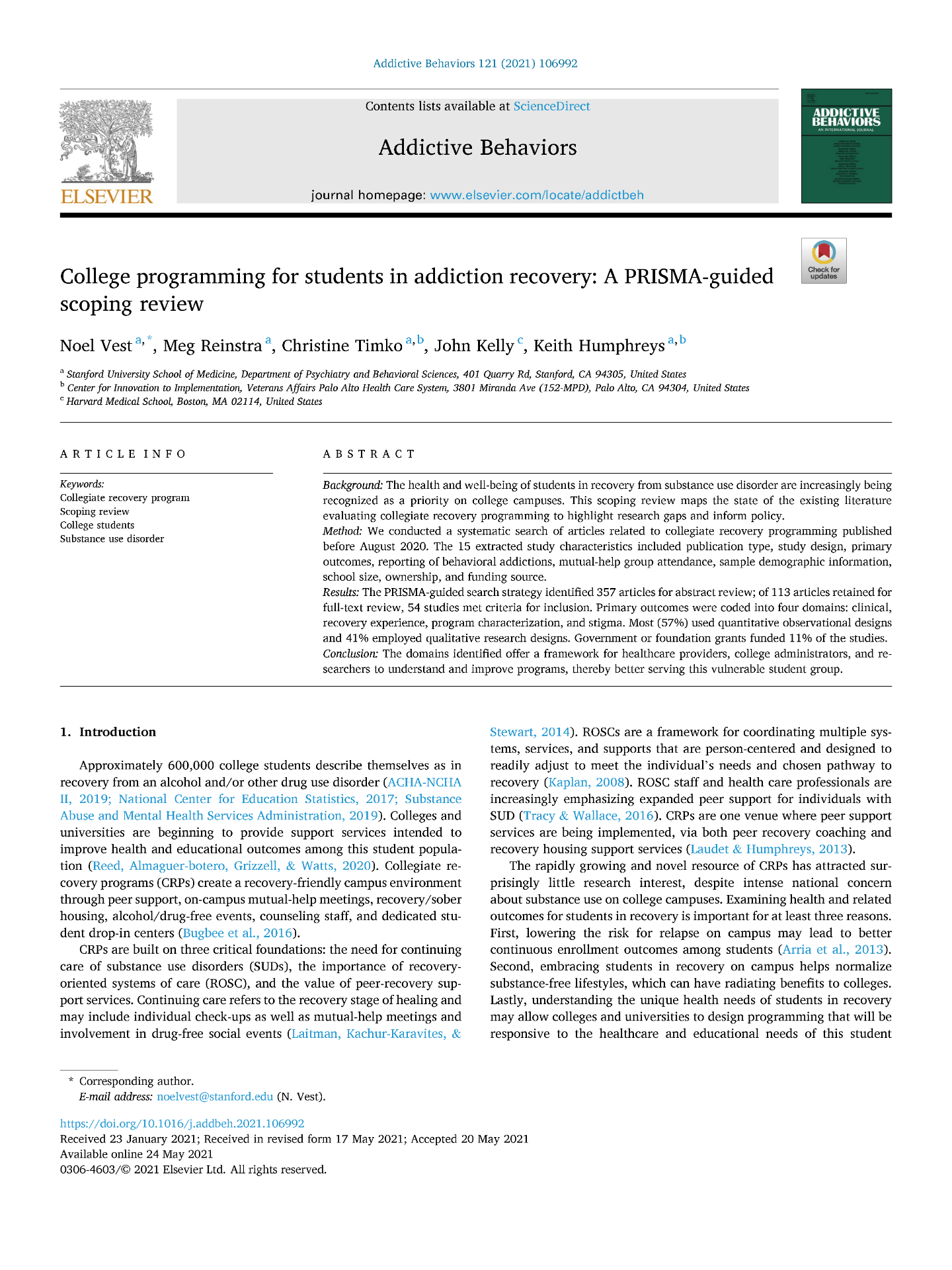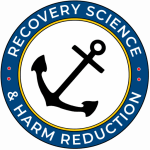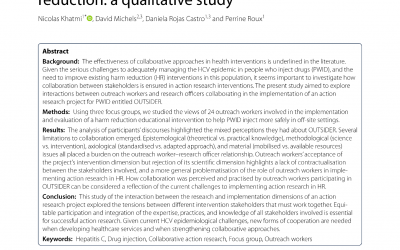Article
Vest, N., Reinstra, M., Timko, C., Kelly, J., & Humphreys, K. (2021). College programming for students in addiction recovery: A PRSIMA-guided scoping review. Addictive Behaviors, 121. https://doi.org/10.1016/j.addbeh.2021.106992
Article Summary
The authors of this article conducted a review of published studies focusing on collegiate recovery programming. Collegiate recovery programming is defined as a way to create recovery-friendly campus environments through peer support, mutual-help meetings, recovery/sober housing, alcohol/drug-free events, counseling staff, and student drop-in centers. In their review, the authors identified four key outcomes of collegiate recovery programming: 1) clinical, 2) recovery experience, 3) program characterization, and 4) stigma. The authors suggested that these four outcomes could serve as a framework to better understand and improve programming for vulnerable students in recovery.
A major finding of this review article was the lack of controlled research studies and implementation science studies examining collegiate recovery programming. Based on this finding, the authors note that it is important for future research studies to use rigorous research methods. Additionally, the authors noted the need of further research on collegiate recovery programming to focus on underserved groups such as students of color, women students, women students, low-income students, and first-generation students.


